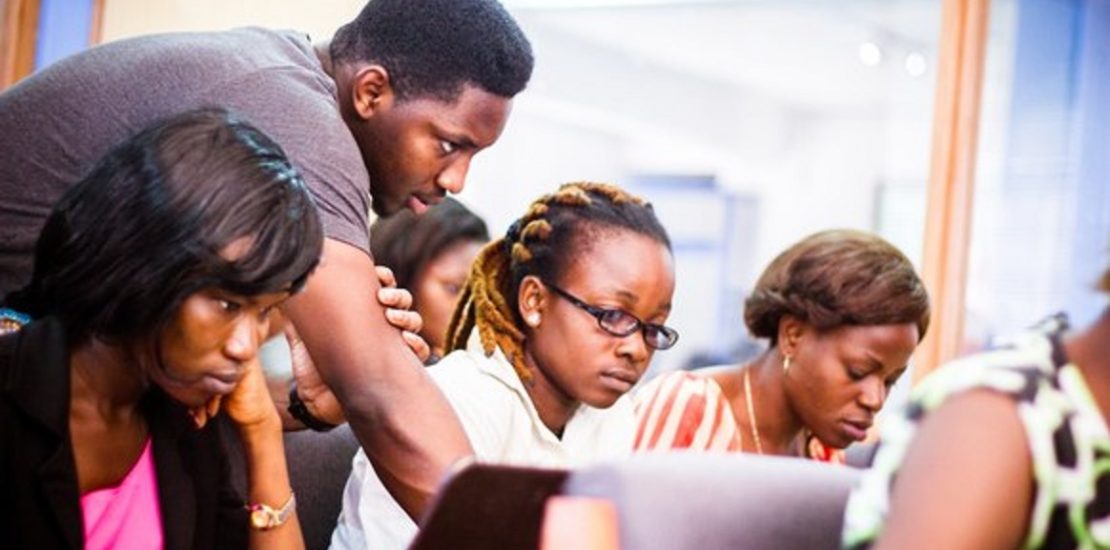- October 31, 2018
- Posted by: IncsrAdmin
- Category: General

Nigeria ranked fourth out of 54 African countries in workplace gender equality, with a growth rate of 25 percent between 2008 and 2017, according to the Mo Ibrahim Foundation.
The 2018 Ibrahim Index of African Governance (IIAG) was launched on Monday. The index covers 10 years’ worth of data for 54 African countries.
Mo Ibrahim, Foundation chair, and Yvonne Mensah, head of Africa, governance at Commonwealth, analysed the 2018 report.
Mensah said while there is an improvement in women inclusion and participation in governance, more work has to be done to increase the growth pace.
She said: “This is one of the good news in Africa. The index shows that gender is improving and that’s absolutely what we see.
“In Africa, when you look at political participation of women in parliament, on average, we are about 23 percent of women making up the parliament in Africa.
“Now, when you look at the detail, you have some of the best performing, even in the Commonwealth, coming from Africa.
“I am glad that the index also looks at violence against women and girls. That’s very important because quite the work that we still need to do to get to SDG goal 5 which is 50-50.
“We are still not at 30 percent. We are doing well but there is still a lot to do to get to 50-50 by 2030. Then we come to the nitty-gritty about violence against women which is such a big deal these days. Africa is doing well but there is no time for complacency.”
NAN reports that from the index, Nigeria was shown to be rapidly improving its inclusion of more women in economic processes.
However, on overall implementation of gender inclusion policies, the country scored 53.6 with a growth rate of 7.2, ranking 31st out of 54 African countries. This is marked as a slow improvement.
Meanwhile, Nigeria did not fare too well in other gender-based categories as although scores were high, growth rates were either too slow or not improved over the last 10 years.
In women’s political representation, which is where the country records the lowest score, Nigeria scored 22.5, ranked 50th and had a negative growth rate of -12.4.
Nigeria scored 33.3 and was ranked 29th in laws on violence against women.
In women labour force participation, Nigeria ranked 35th scoring 50 with a growth rate of 2.6. This was marked as an increasing improvement.
In the promotion of gender equality, Nigeria scored 51.3, ranked 22nd with a growth rate of 6.3. The country received warning signs to improve its policies in this area.
Although Nigeria scored 71.1 for gender parity in primary and lower secondary schools, ranking 23rd with a growth rate of 17.9, it received warning signs for improvement.
There was no improvement in the representation of women in the judiciary over the last 10 years. It remained at 75 and Nigeria ranked 18th.
In women political empowerment, Nigeria scored 75.9, ranked 26th with a growth rate of 10.2.
